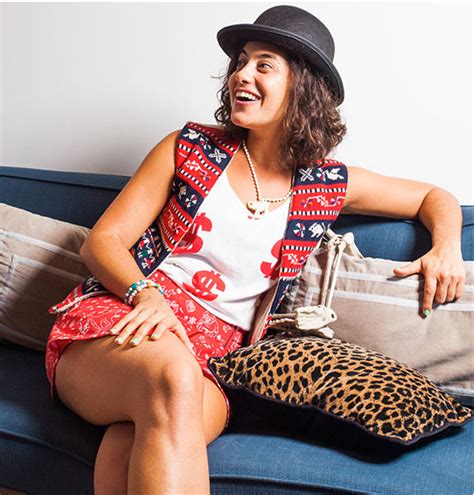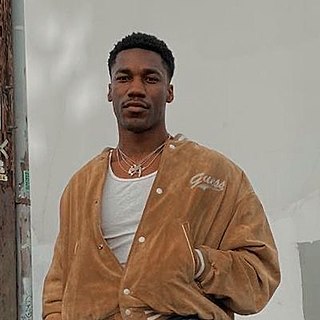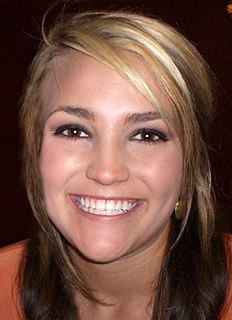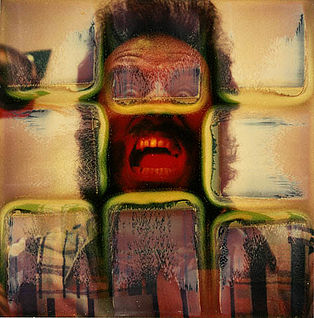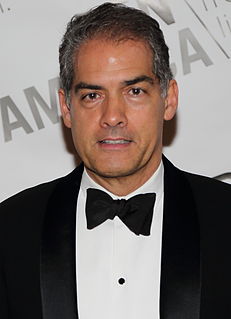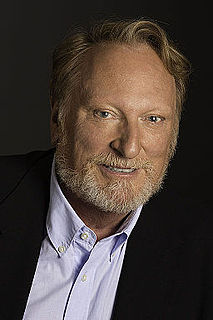A Quote by Jessie Kahnweiler
Trying to tell an authentic, raw and honest story without making it therapy. Separating myself enough to have perspective while putting myself in the emotional hot seat so that I could make this thing real. Asking for help. Delegating responsibility. Standing up for myself. Fighting the impulse to be sweet and likeable 24/7. Being open to all ideas, but staying true to the spine of the story. Knowing when to let go and when to hold on and fight like hell. Getting out of my own way. Shall I go on?
Quote Topics
Asking
Asking For Help
Authentic
Being
Could
Emotional
Enough
Fight
Fighting
Getting
Go
Hell
Help
Hold
Honest
Hot
Ideas
Impulse
Knowing
Let Go
Like
Likeable
Make
Making
My Own
Myself
Open
Out
Own
Perspective
Putting
Raw
Real
Responsibility
Seat
Separating
Shall
Spine
Standing
Standing Up
Staying
Story
Sweet
Tell
Therapy
Thing
True
Trying
Up
Way
While
Without
Related Quotes
It's only a story, you say. So it is, and the rest of life with it - creation story, love story, horror, crime, the strange story of you and I. The alphabet of my DNA shapes certain words, but the story is not told. I have to tell it myself. What is it that I have to tell myself again and again? That there is always a new beginning, a different end. I can change the story. I am the story. Begin.
The ideas always have to be in service of the story. And that's what Scott and the writers did - they weren't trying to beat you over the head with an idea; they had a story they wanted to tell, and they had ideas, so they used the story as a way of fleshing out the ideas. It all depends on where they want to go with it.
I kept a lot of my thoughts inside myself. So, perhaps more than is normal, I'm always questioning my role as a writer. I'm always stopping and asking myself: Do I have the right to tell this story? Is it a story that deserves to be heard? And as for whether I think of myself as a Writer with a capital "W," I very much hope I never do.
I'm more honest in my lyrics than I am in anything else. It's where I feel the most safe to express myself. I write about growing up, my family, Maddie and getting pregnant. If I've lived it, why wouldn't I talk about it? I guess that's been the coolest thing - realizing that it's OK to just be myself and really tell my story.
Sometimes the music just has to tell the story without you trying to tell the story. It depends on the type of music you want to make. If it makes you feel good and party then you go with that. If it makes you feel like speaking on something real and doing a story then it's the beat just has to have the story.
I am a director and I think actually they're not that different - dramas and docs aren't that different. When I'm doing a drama I'm trying to make things feel as believable and real as possible. The hair, the make-up, the costume, the design, you're trying to make it authentic. And when you've got a documentary it's all authentic, so what story are you going to tell and how do you make it dramatic and exciting? It's the same thing.
At some point, you have to disconnect, if the obsession with playing a real person gets in the way of the movie at large. At the same time, we're all interested, as actors in trying to get as close to the real thing as we can, and whatever you can do in order to create that transformation feels fun and, for me, the furthest I can get away from myself is fun. It's all part of the costume, the accent, and all that stuff. It's about trying to get close without it being a detriment to the point of view of the story that you're trying to tell.
I was my own Peeping Tom. Because of the absence of people I could do anything, and if it wasn't good I could destroy it without damaging myself in the presence of others. In that sense I was my own clay. I formulated myself, I mated with myself, and I gave birth to myself. And my real self was the product - the polaroids.
I find myself speaking through the other characters, putting ideas in their voices and heads. Writing almost becomes a splitting of myself into multiple personalities. But I don't write to make an argument on behalf of any of the characters, or to prove anything about a character. I think that's important that I be serving the story first and not my own point of view.
